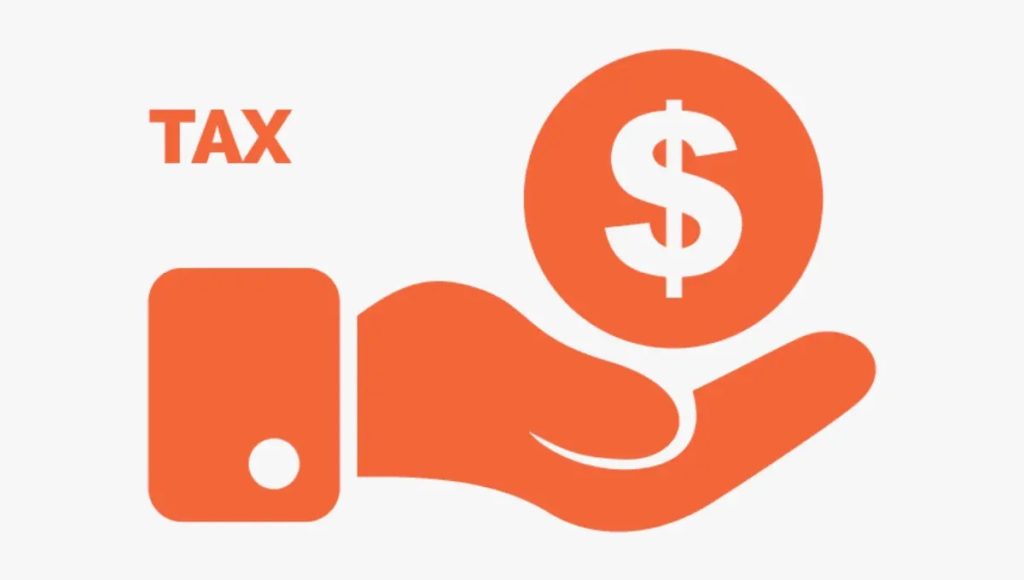Apple and the Irish Government have suffered a major setback in a long-running campaign by the European Commission for the iPhone maker to pay the Republic more than €13 billion (about US$14 billion) of alleged back taxes, reports The Irish Times.
A key adviser to the European Court of Justice (ECJ) has recommended that the EU’s highest court set aside a 2020 ruling by a lower court that the commission had failed to prove that the tax was owed at all. The Irish Times says that, in his opinion, advocate general Giovanni Pitruzzella said the EU general court, the lower court, committed a series of errors of law and also failed to assess “certain methodological errors” relating to Apple’s Irish tax liabilities.
In response, the tech giant said that the lower court “was very clear that Apple received no selective advantage and no State aid, and we believe that should be upheld.”
This legal brouhaha goes back several years.The European Union (EU), Europe’s anti-trust and consumer investigation agency, ruled in 2016 that Ireland, Luxembourg and the Netherlands have attracted investment and jobs by helping big companies avoid tax in other countries, including EU members. The commission said Ireland was too lenient in rulings it gave to Apple and which helped the company shield tens of billions of dollars in profit from taxation.
At 12.5%, Ireland’s corporate tax rate beats the U.S. rate of 35%. However, participating companies don’t pay that 12.5% under the double Irish structure.
In July 2020, the EU’s second-highest court found in favor of Apple and Ireland, ruling that the Irish government did not unlawfully aid Apple in reducing its tax bill. However, Lowenthal insisted to the court that the ruling was “legally flawed.”
In response, Daniel Beard representing Apple said it had paid its fair share of taxes, since the profits were “subject to the U.S. tax regime.” Apple had built up reserves for those taxes, and “is paying around 20 billion euros in tax in the U.S. on those very same profits that the Commission says should have been taxed by Ireland.”
“Apple has paid the taxes that were due under the Irish tax code,” Beard continued.
Article provided with permission from AppleWorld.Today

